I have talked to many people about potty training over the years. I have potty-trained two children. I have done research on it, read papers, and collected data (below, but also when I was writing Cribsheet). If I had to summarize these experiences in a single sentence, it is this: Why the f**k is this so hard?
Often, the struggles of potty training come as a surprise. Nearly every person on the planet over the age of about 5 uses the toilet multiple times every day. It’s just … a thing you do. And yet. When you actually try to get a child to move away from diapers, it is somehow like a Mt. Everest-size challenge. It also has the feature of seeming so irrational. Some children are afraid to poop in the toilet. I asked an expert about this once, and they told me that in some cases, for kids, it feels like losing a limb — the poop leaving your body into another vessel is like losing an arm. This is insane.
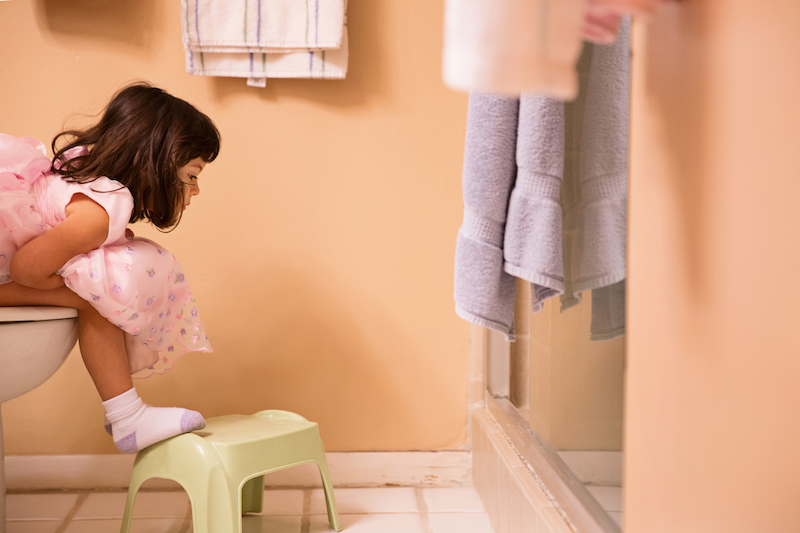
On top of this, the evidence-based guidance around toilet training is poor. There isn’t much data at all on what works, the right timing, and what to do if things aren’t going well. There are books, of course — Oh Crap! Potty Training in 3 Days — that can give you a plan, but if you’re looking for strong evidence that one of these works better than others, you will not find it in the medical literature.
In lieu of this, as a very partial step, I ran a survey. The goal of the survey was not to provide randomized data on what works but to collate advice or feedback on success from a large sample of people. Below, I’m going to report on their experiences — when they started, how long it took, what methods they tried, and what worked well. I’ll also try to normalize the prevalence of some common toilet struggles, even if we cannot answer them. Keep in mind that your experience may look a little different, depending on your specific child and their needs. That is okay!
About the survey
We ran this survey in 2023. There were about 6,000 respondents, all at varying stages of their potty training journey. Most had completed training. To begin, I want to describe the sample a bit and also the significant limitations. This survey is a convenience sample. I advertised for respondents in ParentData newsletters and on my social media. This is definitely not a random sample of people; the audience is not randomly selected, and those who chose to participate were not randomly selected.
At the start of the survey, we asked people to tell us where they were on their potty training journey. The graph below shows the shares — most people who responded (64%) had completed potty training; this is the sample I’m going to focus most on below.
It is worth noting that within each of these groups, there is a wide range of ages. Even ignoring extreme outliers, we see people with children who are 36 months and have not yet started to potty train, and we see people with children just over 2 reporting that their child is fully trained. Pretty much no matter where you are in the potty training journey, you’re not alone.
It’s always helpful to know people are with you, but this is a case where it may also be helpful to see who is on the other side (and how they got there). To look at that, the rest of this article is going to be limited to people who say their child is fully potty trained during the day.
How long does it take to potty train?
The chart below shows the relationship between the age of starting potty training and the median time it took to fully train (using the toilet consistently for both peeing and pooping).
The most common time to start training is between 25 and 30 months, with relatively few people starting before 18 months or after 42 (that is, 3.5 years). (One obvious concern with this is that by including everyone who is fully trained, we are biased toward kids who train fast at younger ages. In practice, this graph looks extremely similar if we limit it to kids who are currently over 42 months, which will avoid this issue.)
There is a strong basic pattern here: the later you wait to start, the shorter the time it takes. On average, people who start at under 18 months report it takes them about 12 weeks for their child to be fully trained. For those who start between 3 and 3.5, it’s more like nine days. These median numbers mask a lot of variation. In all of these age groups, there is a range of length of time from a few days to over a year.
Sometimes, I feel parents are sold a bill of goods about toilet training — that if you do it right, it’s a few days. That is true for some people, even with this data! But it is not the norm.
How common is refusing to poop in the toilet?
The refusal to poop in the toilet has a name: stool toileting refusal or STR. When someone told me about this before I had kids, I thought it must be very rare because, see my comment above, it sounded insane.
It’s not rare! In this sample, 70% of people said their child learned to pee and poop in the toilet at around the same time; 16% said that pooping was delayed but happened within a month; and 14% said that pooping in the toilet was delayed by more than a month after the child was fully trained for pee.
This is an especially challenging issue for parents because trying to force it can lead to other issues, like constipation. I’ve written more about this before, if you’re struggling with it (like 30% of the rest of the parents here).
Which potty training methods work the best?
Before starting this survey, we identified a set of common things that people tried in their potty training efforts, things like rewards or having their kids go naked. We asked them to list everything they tried (which could be many things, and it definitely was) and then which of these things they thought worked best.
The graph below shows the share of people who tried each of these options. Note that these do not add to 100% since most people tried many things. Almost 80% of people tried having their kids go naked. Taking away diapers, immediate rewards, and providing activities on the toilet are also popular. A much smaller share of parents indicated that they used a promise of long-term rewards or used consequences or a wetting alarm.
When asked what worked best, we can see that going naked also wins here. Notably, though, immediate rewards outperformed taking away diapers as a favorite. Activities and long-term rewards performed less well.
We’ll get to more of your quotes below, but I thought the value of immediate rewards was perhaps best summarized by the quote from this person: I wish there was anything in life I wanted as much as my child wants an M&M. Deeply true.
When do you do nighttime potty training?
One of the most common questions on Instagram: Should my child be trained at night at the same time as during the day?
No.
Being able to stay dry at night is a totally different “skill” than during the day and, in fact, much less of a learned skill and much more something that develops naturally for most people without intervention. Eventually, your body will start waking you up at night when you need to pee. For most kids, this happens later than they learn to use the toilet during the day.
In this sample, among the children who were fully trained during the day, 62% of respondents said the child still used a diaper at night. Half of those reported that their child always or almost always peed in the diaper overnight. Even for kids over 4, 33% use a diaper at night. We know from other data that this can continue through 5 or 6 for many kids. After the age of 7, it’s worth talking to a pediatrician about it, but up to that point, it’s just normal development. That’s what they make pull-ups for.
Your reflections on potty training
At the end of the survey, I left an open prompt—anything else you wanted to say about your potty training experience. Many of you shared, and the narratives reflect and, I think, enrich the data.
There were definitely people who said that potty training was a breeze. Like this person: “My kid was so easy to train. I still feel guilty about it. He just ‘got it’ within a day or two and just voluntarily quit nighttime wet diapers a week or so later.” This group, though, was the minority.
A surprising number of people discussed their success with elimination communication or some form of it. In most cases, these people weren’t trying to fully train their babies but had found some success with even small infants using the potty sometimes. Interesting.
The vast majority of the comments, though, reflected frustration, angst, and loss of control.
“Poop potty training has been one of the most exhausting and emotionally draining experiences of my life. We’ve been taking a break the last few months and allowing her to ask for a diaper when she has to go and poop in her room (the bathroom also caused crying and yelling) because everything had become somewhat out of control (constipation, massive anxiety on her part, and a very difficult time not losing tempers on my and my partner’s side; the diaper has helped tremendously in lowering the temperature). We’re about to start again with a hope of getting this done by the next school year, but I’m beyond dreading it.”
“It is hard. This is like … incredibly hard. We have had a little potty since she turned 2, and we have tried everything. She has Frozen-character underwear; we aren’t yelling or shaming her when she has accidents; we’ve tried letting her run around naked, tried candy and video bribes to get her on the potty, tried having her help clean up her messes. Nothing is working. I cannot make her go on the potty, and I feel like a complete and utter failure when I see my 3-year-old niece, who has been trained for eight months now. I cannot make my kid do this. And people have absolutely nothing good to say to help. Oh, it will just click for her. Oh, they just figure it out. Have you tried letting her watch you? Have you tried this? Yes, we have tried everything. My kid was trained at 15 months; why isn’t yours? I can’t get her into preschool like this; I can’t get her into kindergarten like this, and I feel completely worthless as a parent. She will not do it, and I cannot make her.”
I wanted to reach through the computer to hug that last writer. I remember — from some pooping struggles with one of my children — that feeling of despair around this. How can I see the other side?
There were also reflections from that other side. A huge share of these expressed the view that they either wished they had waited until their child was ready or they were happy they did.
“You have to wait until they are ready. Otherwise, it becomes a power struggle, and no one wins.”
“This is my third child, and I think the most important thing I learned is that the longer you wait, the easier it is! Why the rush?”
Finally — and this is the piece that I wish someone had told me when I was going through it — a large number of people talked about the regressions. I was, at the time of doing this, under the impression that you trained the child one time. But that’s not really true for many kids.
“We tried and had to stop when she had just turned 2 years old due to her refusal, but training at 3 years, 1 month went well.”
“She had it down when we did the intensive potty training; then we traveled, and she went back to pull-ups and has lost all interest in the potty. She says she’s scared but changes what it is that makes her scared. Won’t even sit on the potty with her diaper on. We’ve tried multiple times, but just no luck. Each time we try now, it seems like she digs her feet more and more into the sand. We feel like failures and just don’t see an end in sight.”
Where does this all leave us? I don’t know. Hopefully, feeling less alone if the toilet is a struggle and maybe with more realistic expectations. Many people in the survey indicated they used the “Oh Crap!” potty training method; some loved it, while others were more skeptical. In the skeptical group, many people noted that even this method does not actually suggest you can train your child in three days, just that you can set a foundation. If we expect this to be more of a process, maybe we put less pressure on ourselves and our children.
In conclusion, I will leave you with the words of this mother:
“But if I can be brutally honest, I got tired of wiping poop out of twin boys’ wrinkly testicles. I can never get them clean. I was done.”
The bottom line
- The survey used here is a convenience sample based on newsletter and social media responses, primarily focusing on participants (64%) who have completed potty training. Notably, children’s training milestones vary widely across different ages.
- The data shows that potty training tends to take less time if started later, lasting anywhere from 12 weeks for kids under 18 months to nine days for 3- to 3.5-year-olds.
- The most effective strategies cited by parents include having the child go naked and offering immediate rewards.
- Nighttime dryness is a separate developmental milestone that occurs later and naturally, with many children needing diapers overnight even after daytime potty training is complete.
- If you’re feeling anxious or frustrated, you’re not alone. Many respondents shared their feelings of failure and despair, emphasizing that this process can be an emotionally draining and challenging experience. Resetting expectations can help put less pressure on you and your child.
















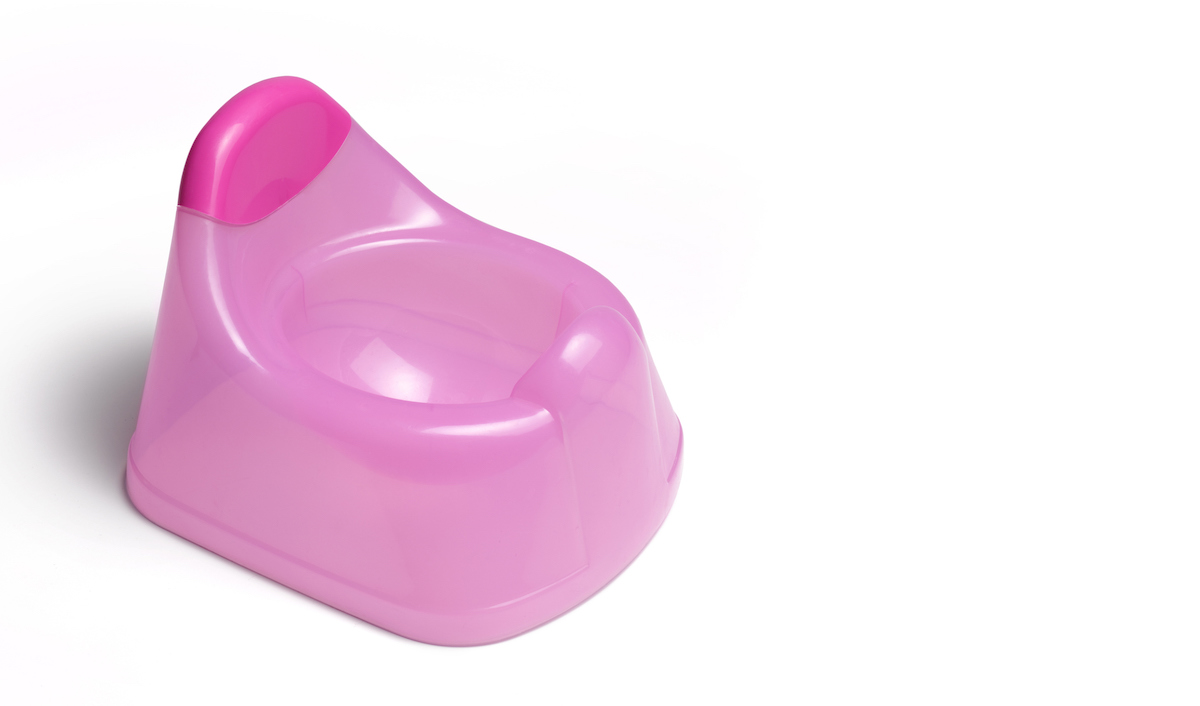
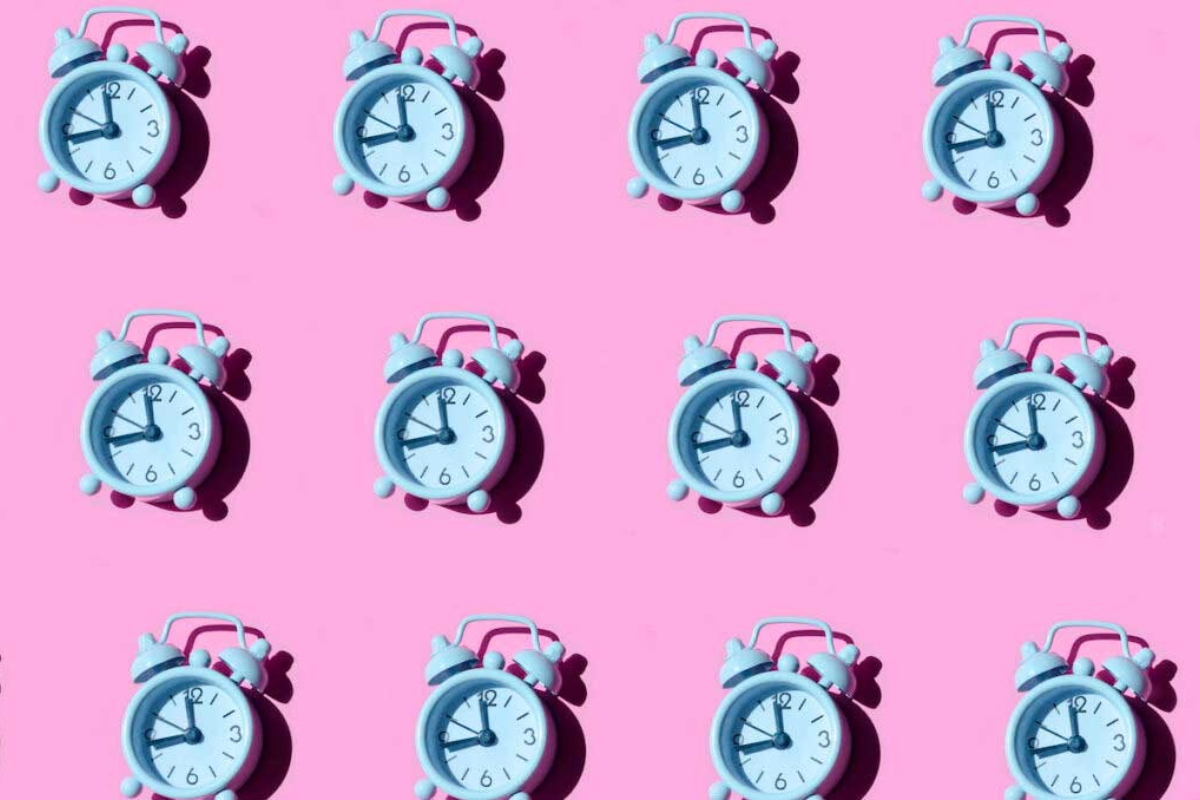
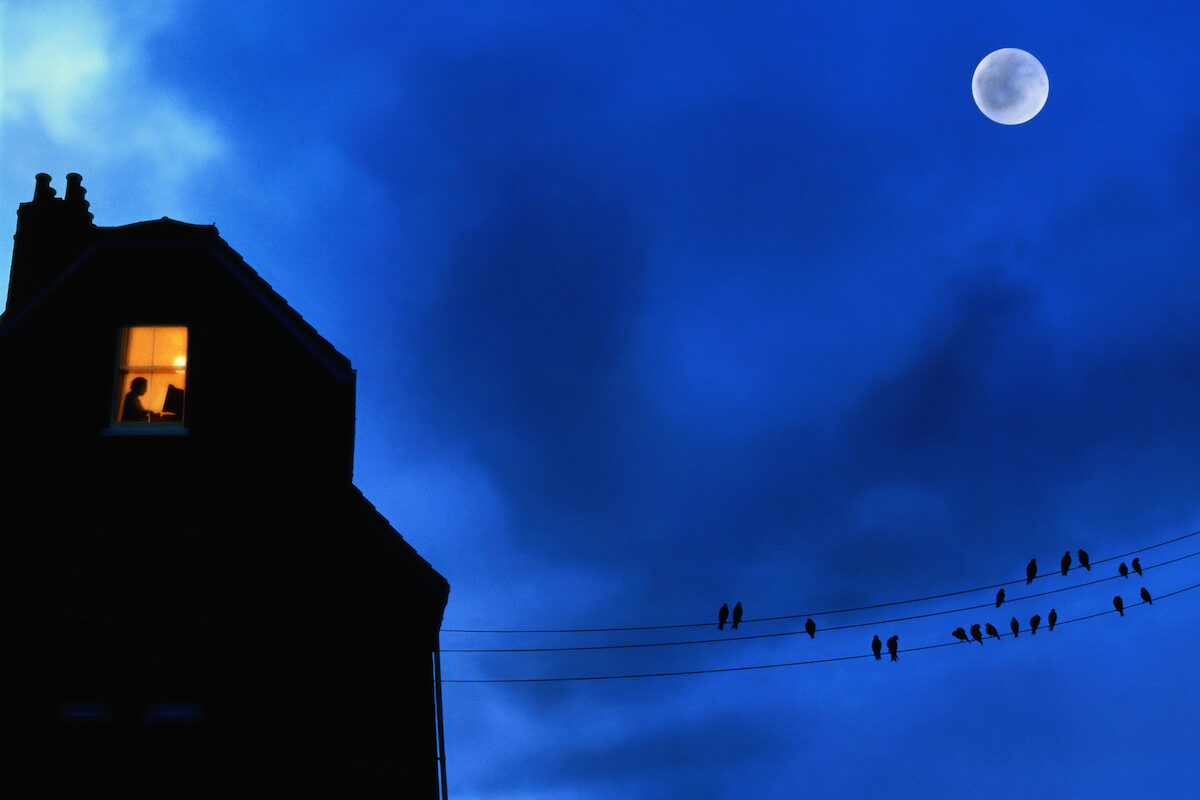
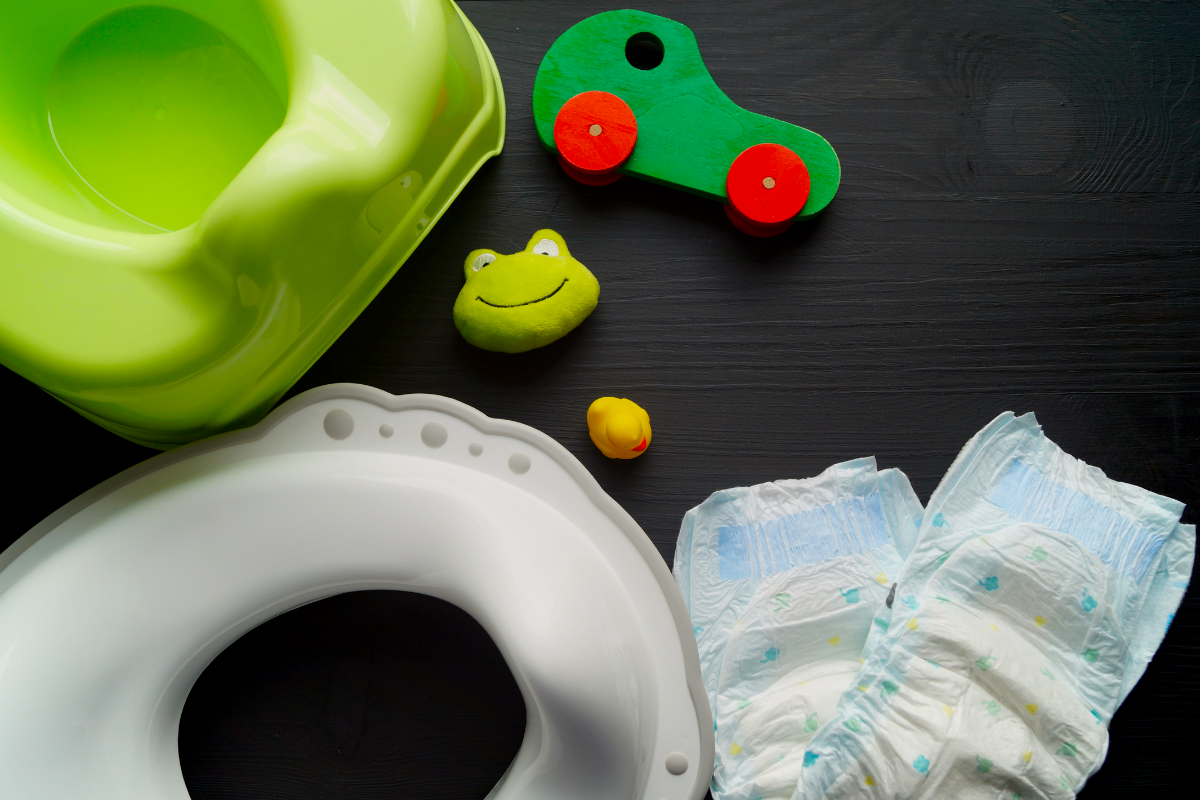

Log in